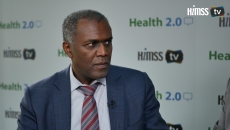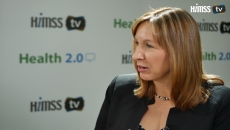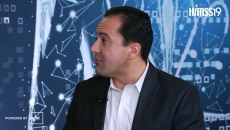Population Health
Dr. Steve Lockhart, CMO at Sutter Health, discusses how to fix unequal care, which he calls one of the "most disappointing elements" of the U.S. healthcare system.
Many schools in the U.S. have programs and partnerships offering food and nutrition support, which Cigna is seeking to augment.
Esri CMO Dr. Este Geraghty says the company curates 15,000 variables of lifestyle, behavioral, demographic, geographic and spending data from countries around the world that's available through The Living Atlas website.
Dr. Jacob Reider, CEO of Alliance for Better Health, explains how technical and business infrastructure can be built to support social care providers.
The state's general acute-care hospitals spent less than half on low-income patients in 2017 than they did in 2013, data showed.
Healthy Alliance IPA, led by former ONC deputy Dr. Jacob Reider, will work with MVP Health Care to connect social services and healthcare providers via the Unite Us technology platform.
Simita Mishra, Northwell Health's population health informatics lead, discusses how the organization addresses the quadruple aim - including physician burnout - by reducing redundancies and increasing efficiency.
The tool, called Destination: Health, was built from a collaboration with social services-focused software maker Unite Us and will roll across certain Aetna plans later this year.
The providers are supported by a local multidisciplinary team including behavioral health clinicians, nurses, social workers and dietitians.
Many hospitals are doing a heroic job with limited resources, but those are often not sustainable without major changes, says Aaron Miri, CIO of UT Health Austin and Dell Medical School.




